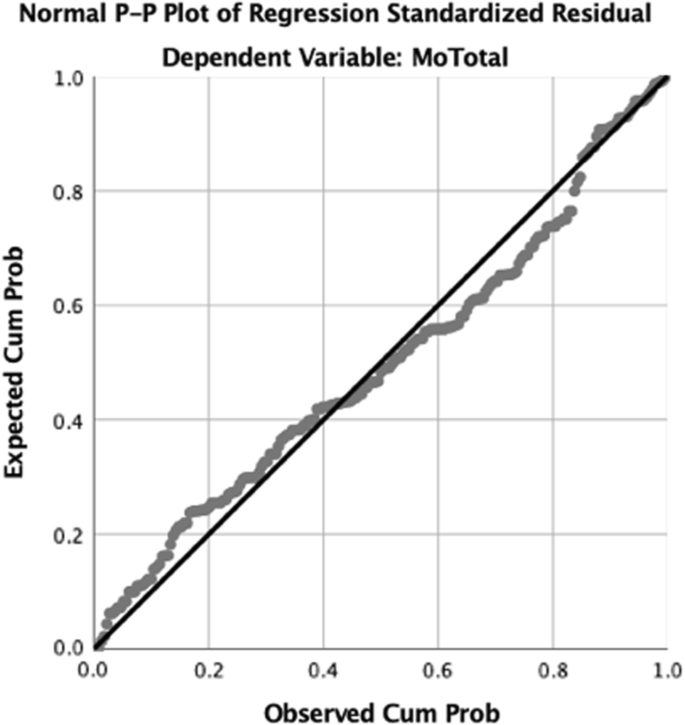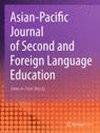学习航空英语的动机、焦虑与自我效能:印尼航空学员的研究
IF 2.2
Q2 EDUCATION & EDUCATIONAL RESEARCH
Asian-Pacific Journal of Second and Foreign Language Education
Pub Date : 2023-09-22
DOI:10.1186/s40862-023-00212-6
引用次数: 0
摘要
印尼航空学员的复杂和多方面的任务导致了他们的疲惫和学习重点的降低。他们学习航空英语的动机和自我效能受到阻碍,焦虑情绪占主导地位。这一假设的因果关系强化了本研究对他们学习航空英语的动机、焦虑和自我效能感的描述。本研究还旨在揭示每个构念对学生学习绩效的影响,并找出对他们的动机、焦虑和自我效能感形成最具预测性的子技能。本研究采用横断面调查研究设计与定量研究方法。有针对性地选择了207名航空学员参与研究。采用6点李克特量表(α = .987)的动机、焦虑和自我效能量表(MASS)和学员的期末考试成绩收集数据。数据分析采用描述性统计、Pearson r相关和分层多元回归,并辅以SPSS软件。结果表明:学员学习航空英语的动机、焦虑感和自我效能感均较高,学习乐观与学习悲观并存;每个变量之间都有很强的正相关关系(r >.05, p <措施)。另一个发现是沟通和考试焦虑是决定学员学习表现的最重要因素。本文章由计算机程序翻译,如有差异,请以英文原文为准。

Motivation, anxiety, and self-efficacy in learning aviation English: a study of Indonesian aviation cadets
Abstract Indonesian aviation cadets’ complex and multi-faceted tasks have directed them to exhaustion and less learning focus. Their motivation and self-efficacy in learning Aviation English are hampered so their anxiety dominates. This hypothetical cause and effect enforce the present study to describe their motivation, anxiety, and self-efficacy in learning Aviation English. The present study also aimed to reveal the effect of each construct on their learning performance and identify the most predictive sub-skills that contribute to their motivation, anxiety, and self-efficacy formation. This study used a cross-sectional survey research design with a quantitative research approach. There were 207 aviation cadets chosen purposively to participate in the study. Data were collected using the Motivation, Anxiety, and Self-Efficacy Scale (MASS) with a 6-point Likert’s scaling method ( α = .987) and cadets’ final test scores. Data were analyzed using descriptive statistics, Pearson r correlation, and hierarchical multiple regression with the assistance of SPSS software. Results showed that cadets’ motivation, anxiety, and self-efficacy in learning Aviation English were high, thus, their learning optimism and pessimism were growing together. Each variable had a positive and strong relationship with one other ( r > .05, p < .001). Another finding was that communication and test anxiety was the most influencing factor in determining cadets’ learning performance.
求助全文
通过发布文献求助,成功后即可免费获取论文全文。
去求助
来源期刊

Asian-Pacific Journal of Second and Foreign Language Education
Arts and Humanities-Language and Linguistics
CiteScore
2.90
自引率
5.60%
发文量
40
审稿时长
5 weeks
 求助内容:
求助内容: 应助结果提醒方式:
应助结果提醒方式:


